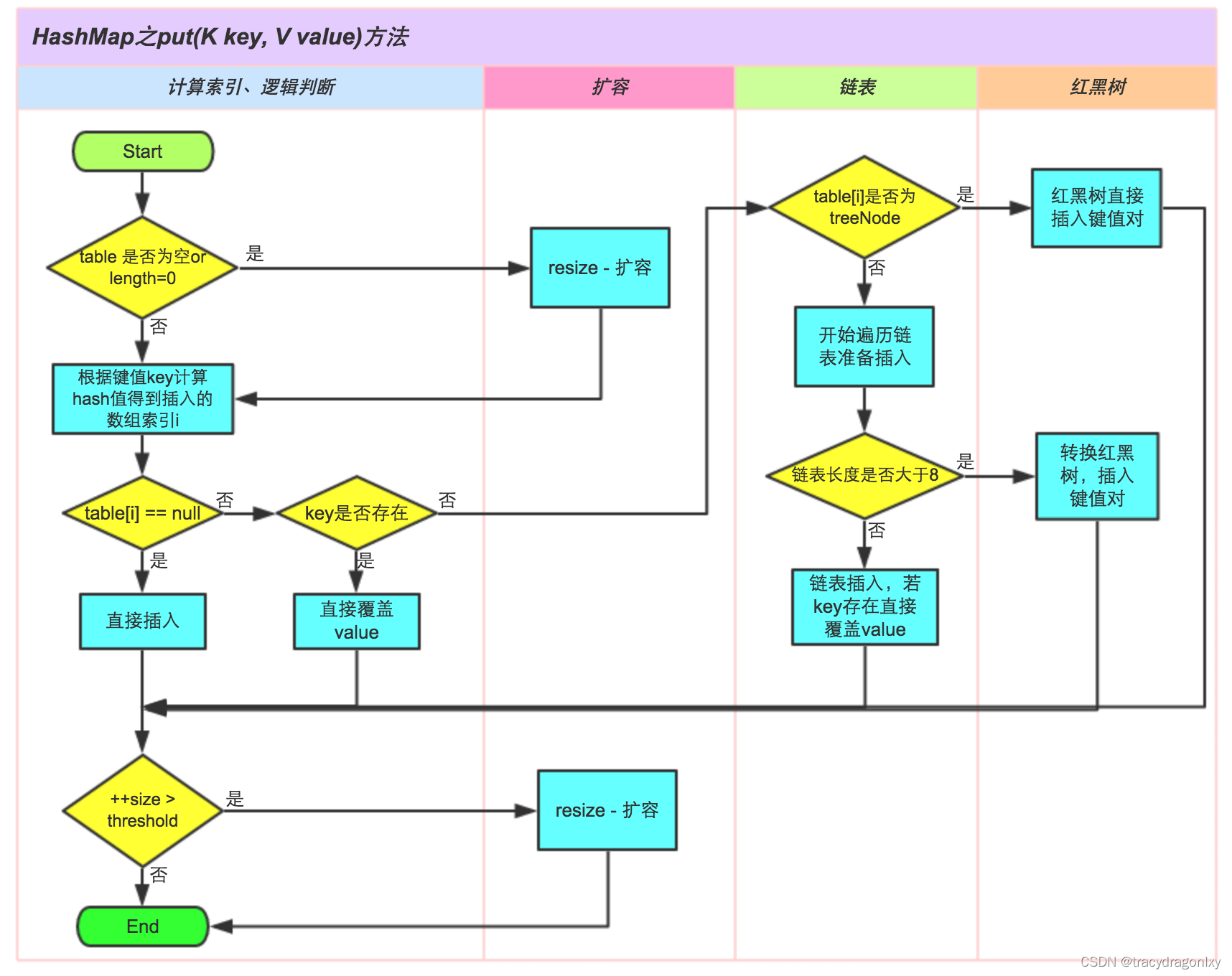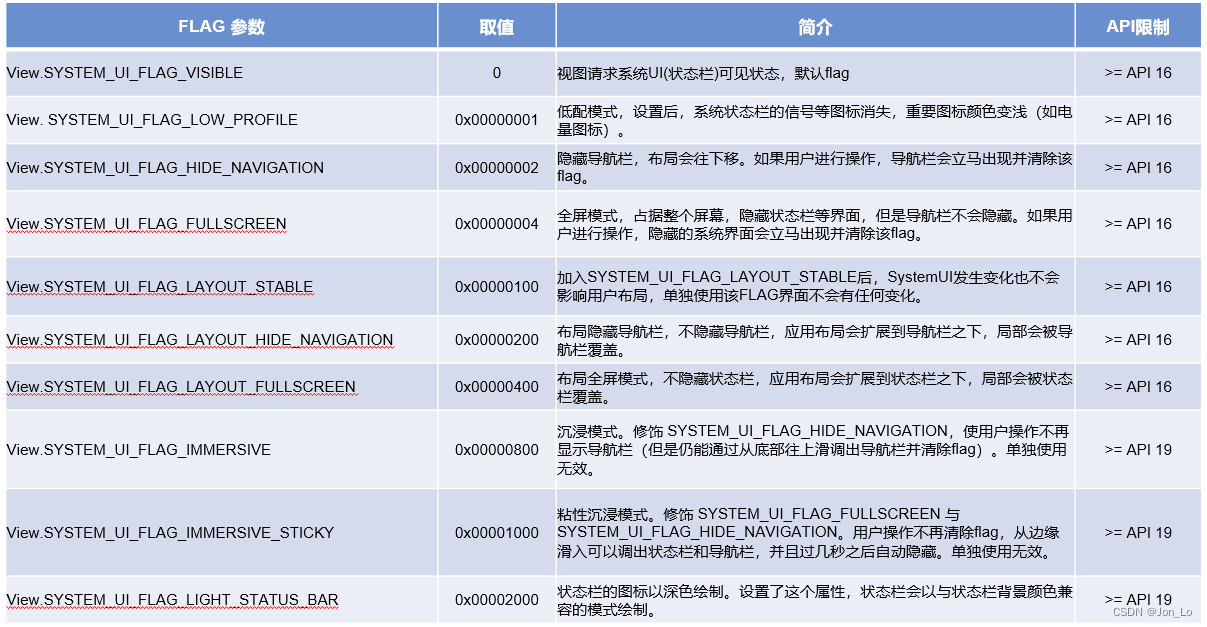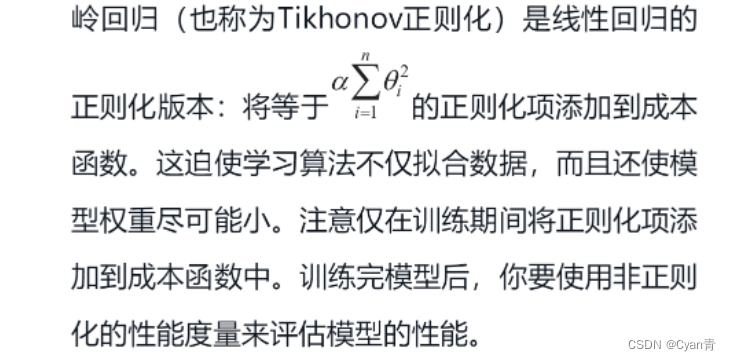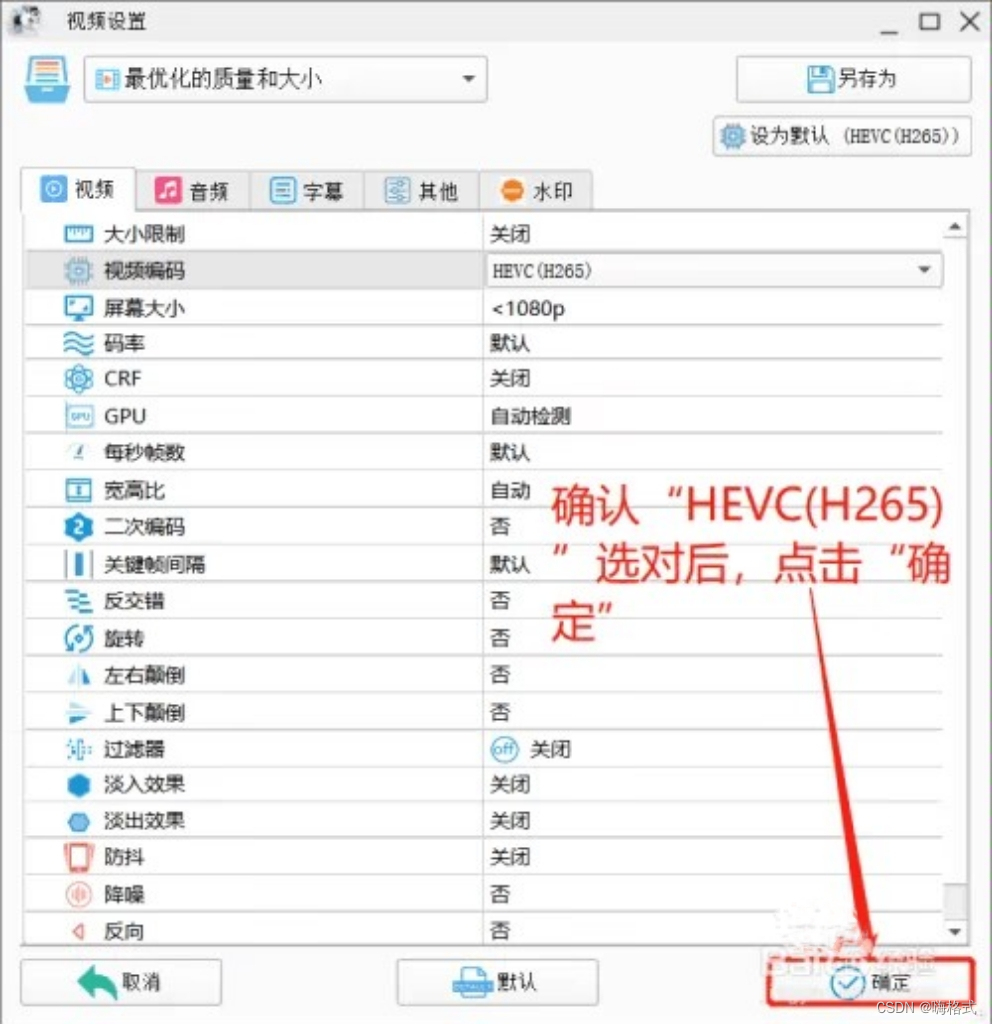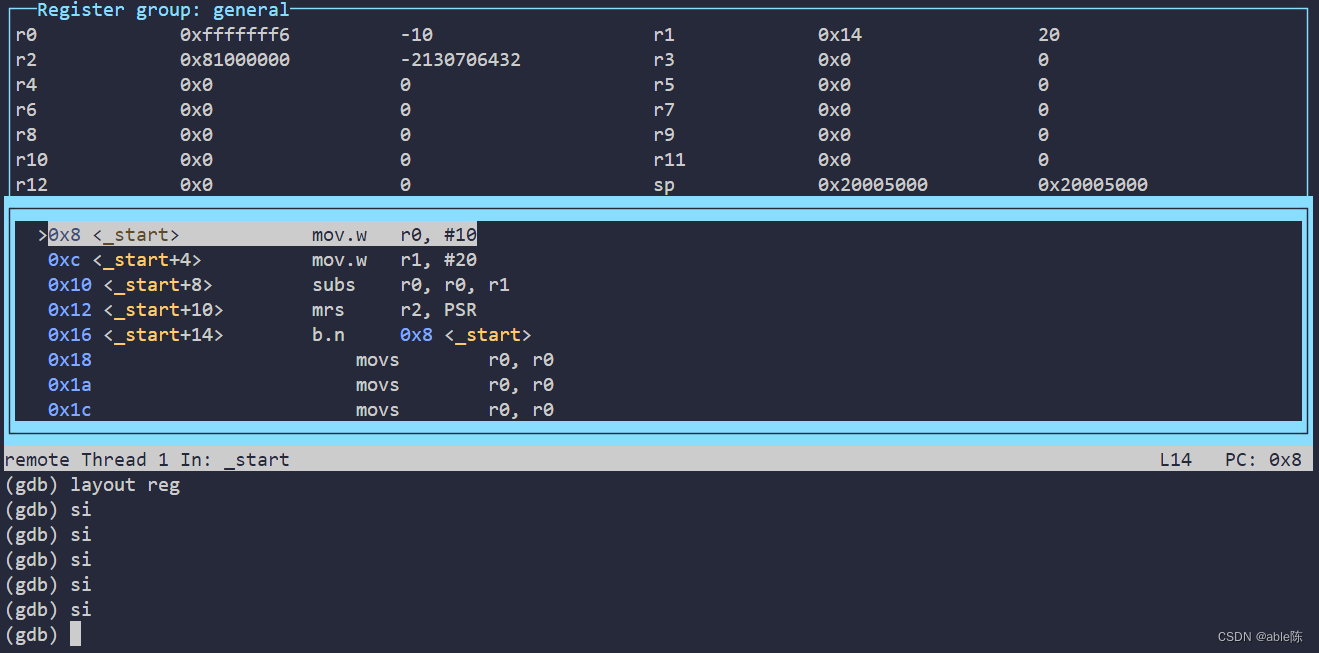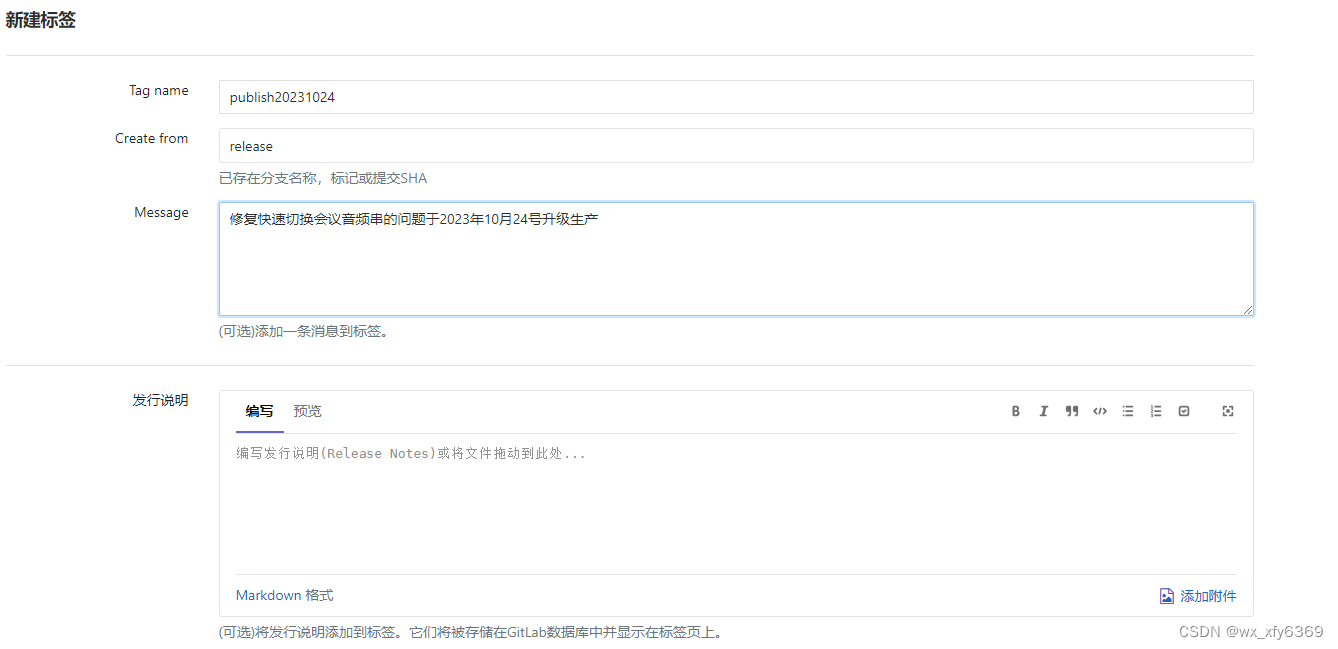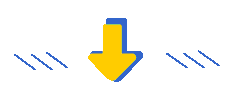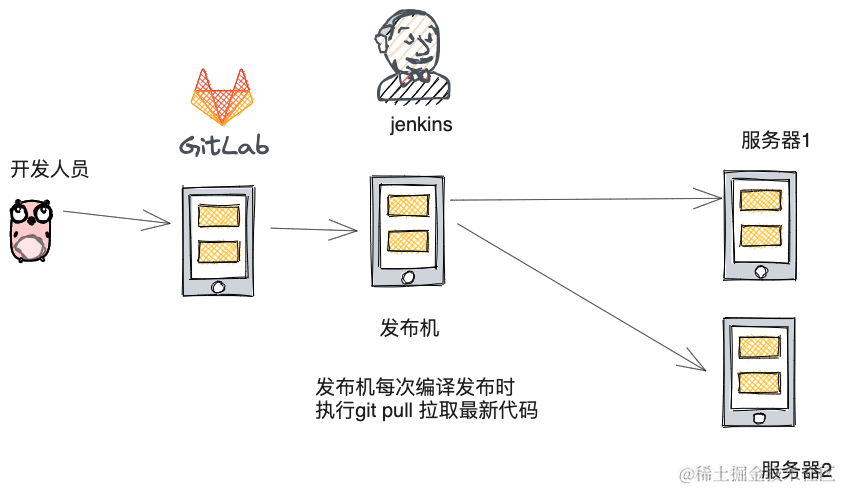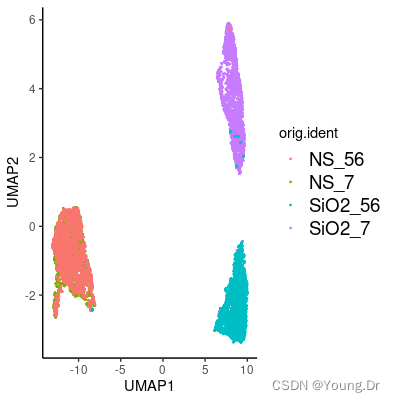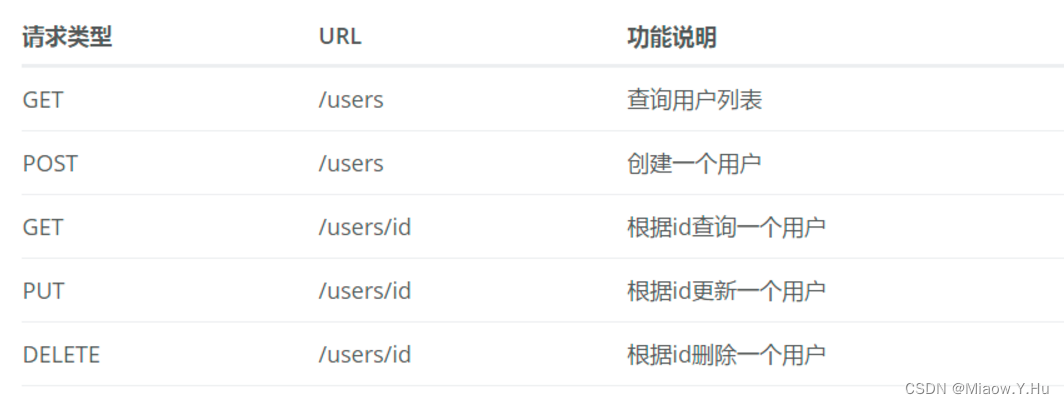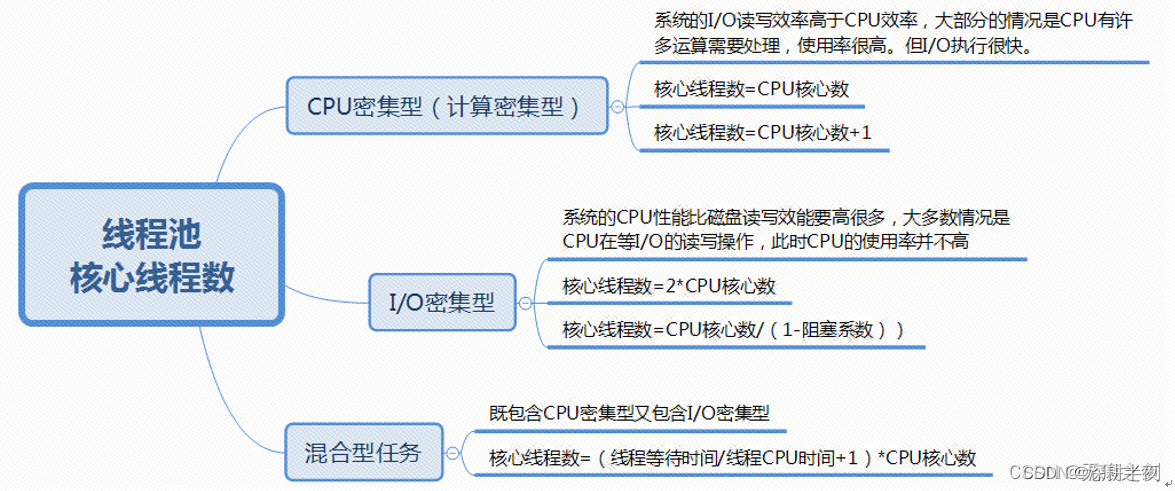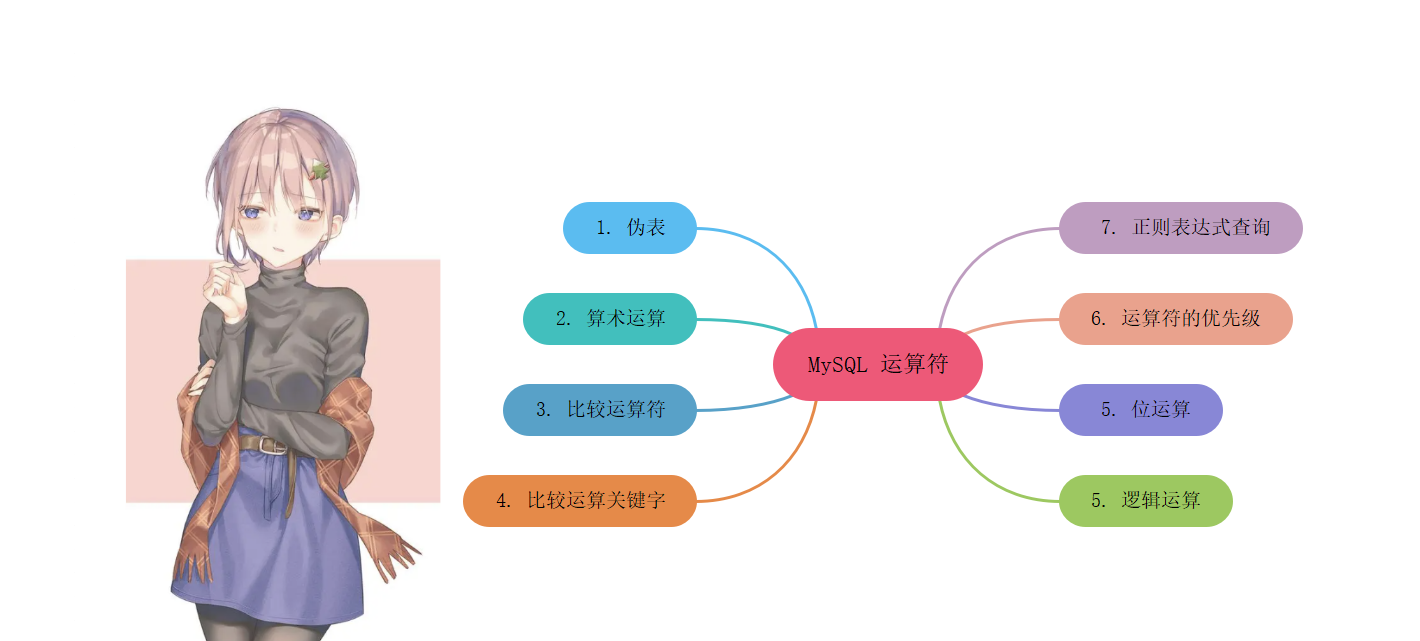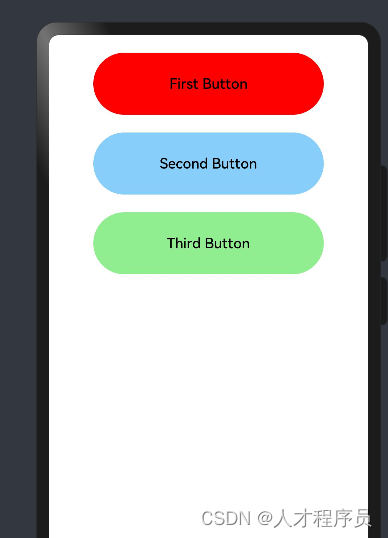声明和定义不可分离
举个例子:
定义一个Stack.h: 这里放声明
#include<iostream>
using namespace std;
template<class T>
T Add(const T& left, const T& right);
定义一个Stack.cpp, 这里面放定义:
template<class T>
T Add(const T& left, const T& right)
{
cout << " T Add(const T& left, const T& right) " << endl;
return left + right;
}
再来一个用来使用上述函数的Test.cpp:
#include"Stack.h"
int main()
{
Add(1, 2);
return 0;
}
当你运行上面的代码之后为发生报错:

这是一个链接报错
🔍为什么?
因为上面的Add 函数不是一个普通函数 而是 一个函数模版
为了理解这个原因,我们首先需要知道下面的步骤:
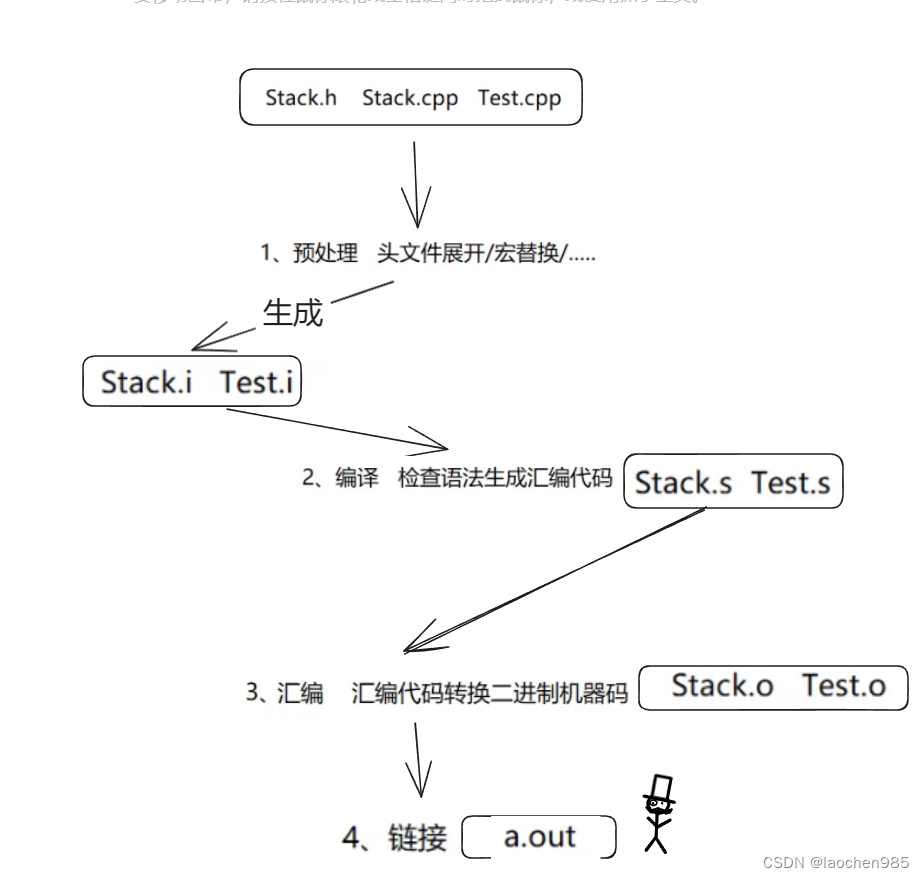
所以当你按下 fn + f5 之后上面的代码是这样的:
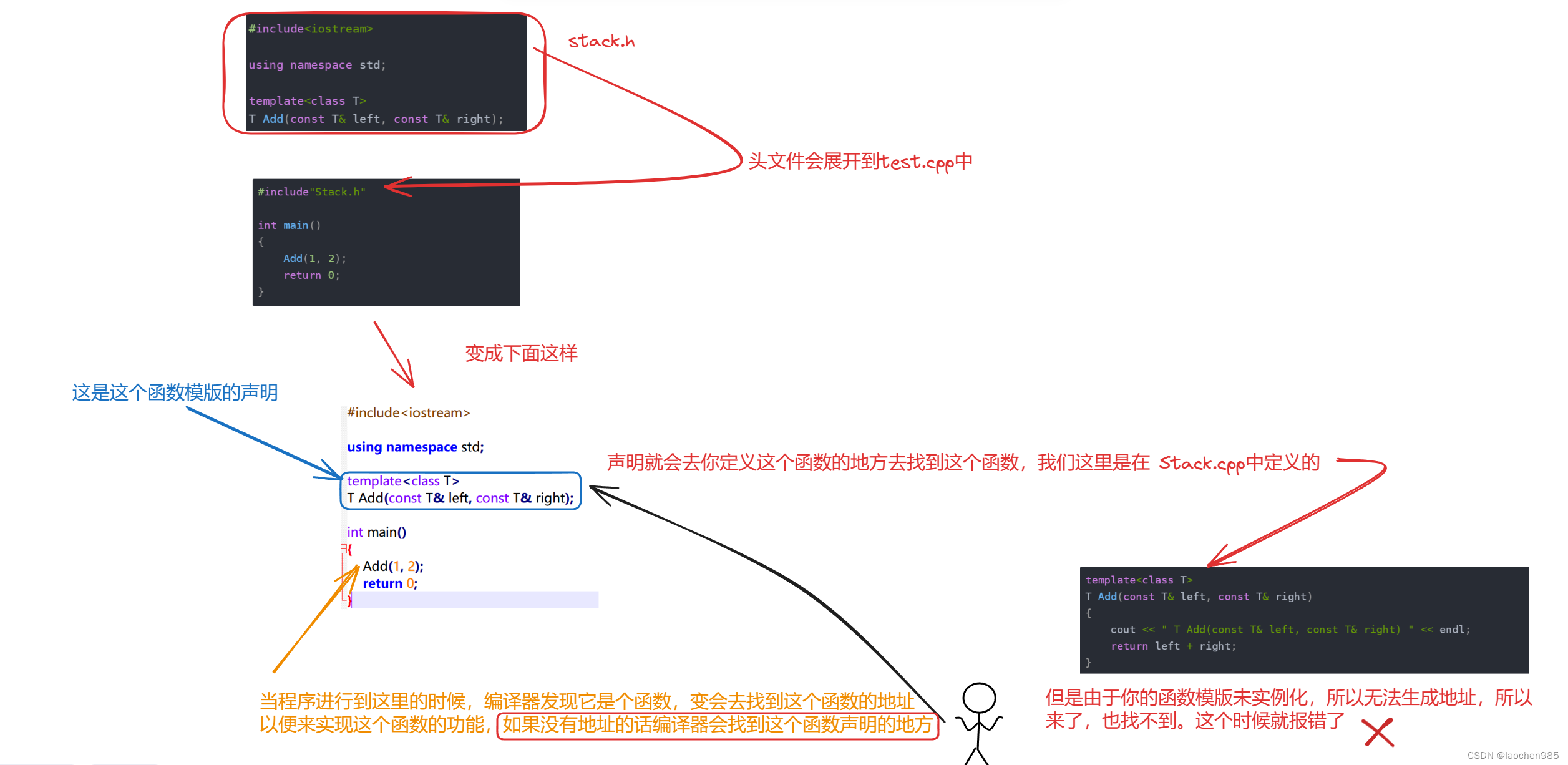
🤷♂️那我们如何解决呢?
1 显示实例化
在Stack.cpp 中 我们不是没有实例化导致没法生成地址吗,那我们就实例化它,我们在stack.cpp 中加入
template
int Add<int>(const int& left, const int& right);
这样就行了,我们把它实例化为了int, 但是这样有个弊端,我想用double类型怎么办? 所以这也不是万全之策;
- 万全之策
你就不要把声明和定义分开写嘛,你就把Stack.cpp移除了 把声明和定义他们两个写到同一个文件:Stack.h中;
#pragma once
#include<iostream>
using namespace std;
template<class T>
T Add(const T& left, const T& right);
template<class T>
class Stack
{
public:
void Push(const T& x);
void Pop();
private:
T* _a = nullptr;
int _top = 0;
int _capacity = 0;
};
template<class T>
T Add(const T& left, const T& right)
{
cout << " T Add(const T& left, const T& right) " << endl;
return left + right;
}
template<class T>
void Stack<T>::Push(const T& x)
{
cout << "void Stack<T>::Push(const T& x)" << endl;
}
template<class T>
void Stack<T>::Pop()
{
cout << "void Stack<T>::Push()" << endl;
}

